Amiran White
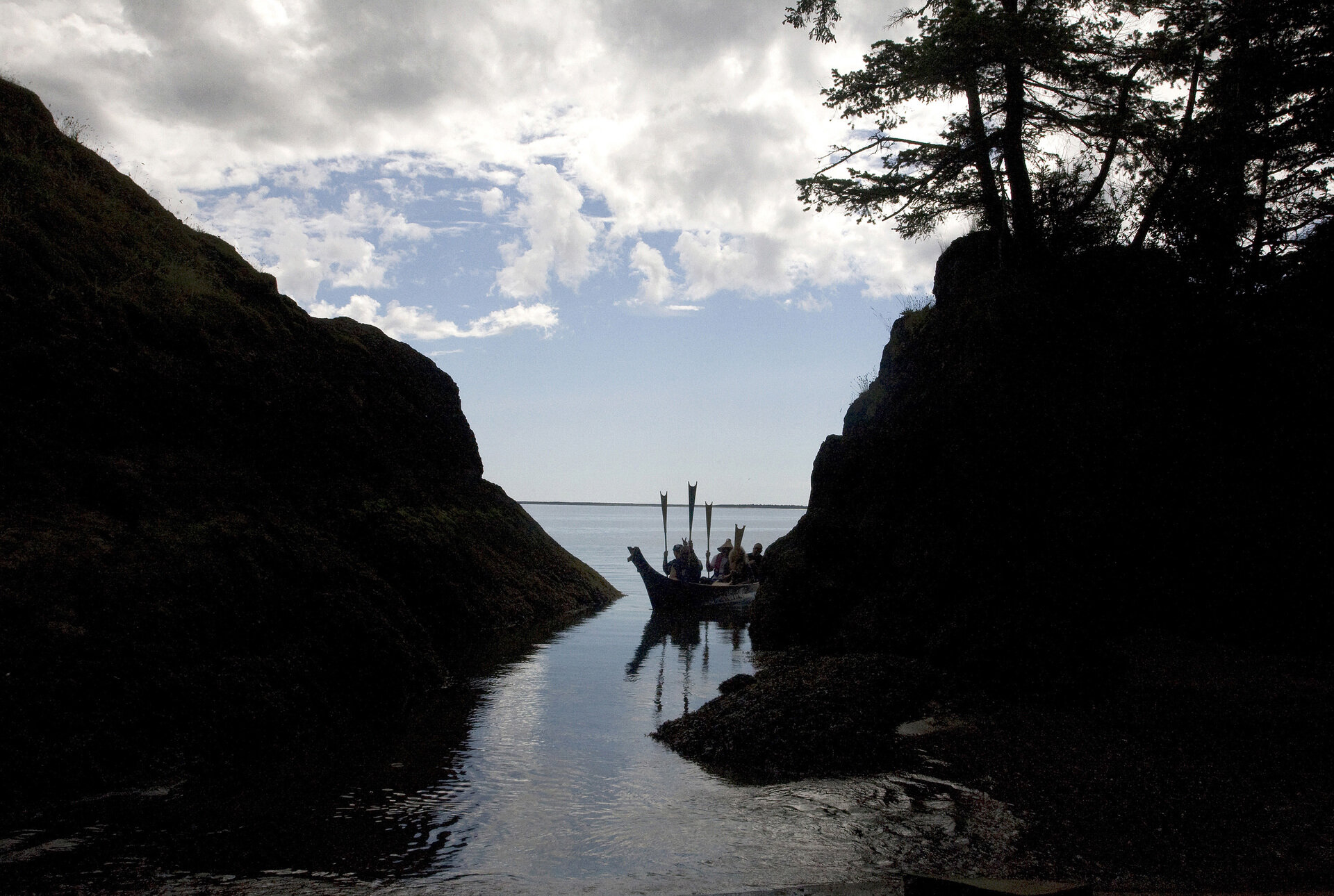
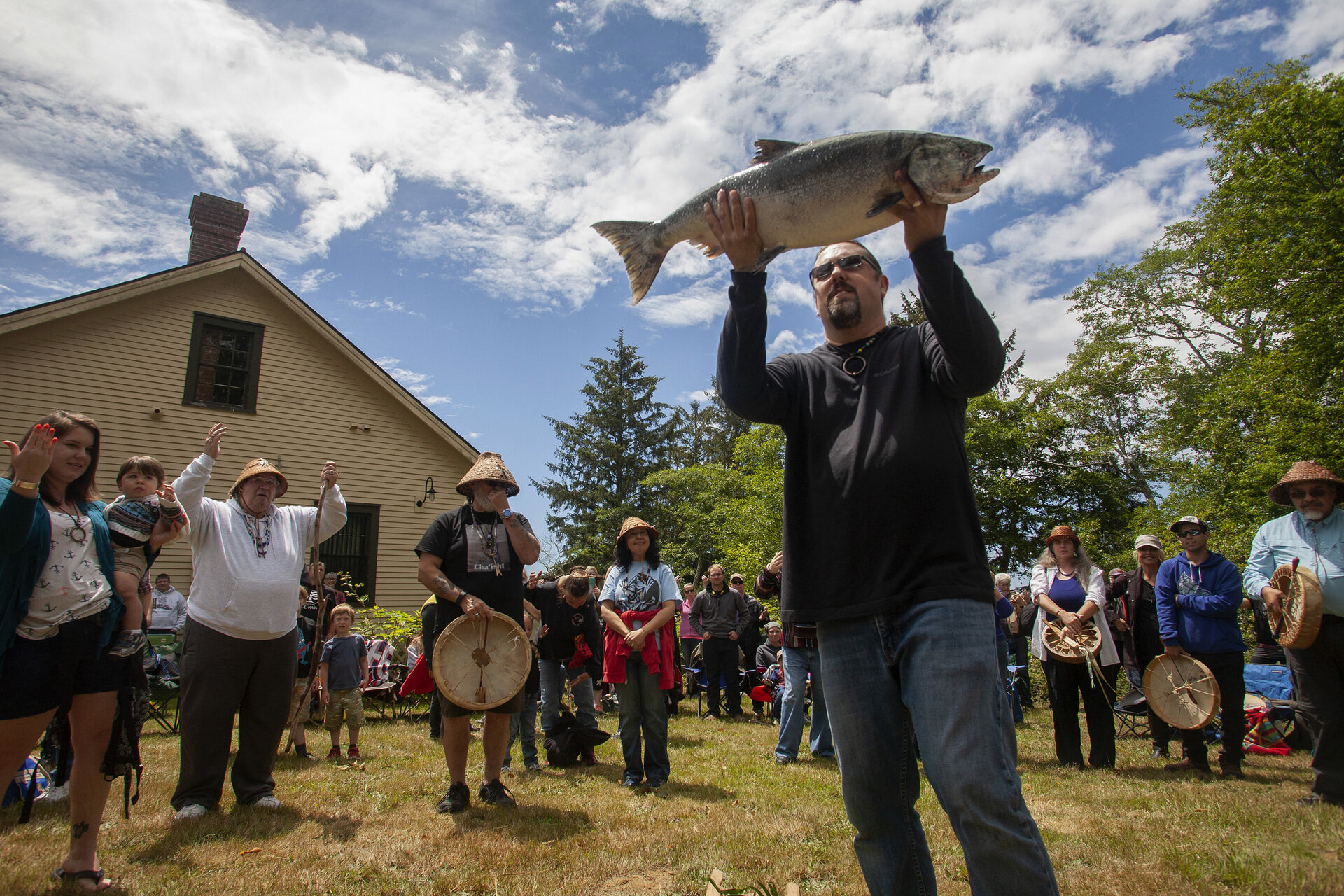
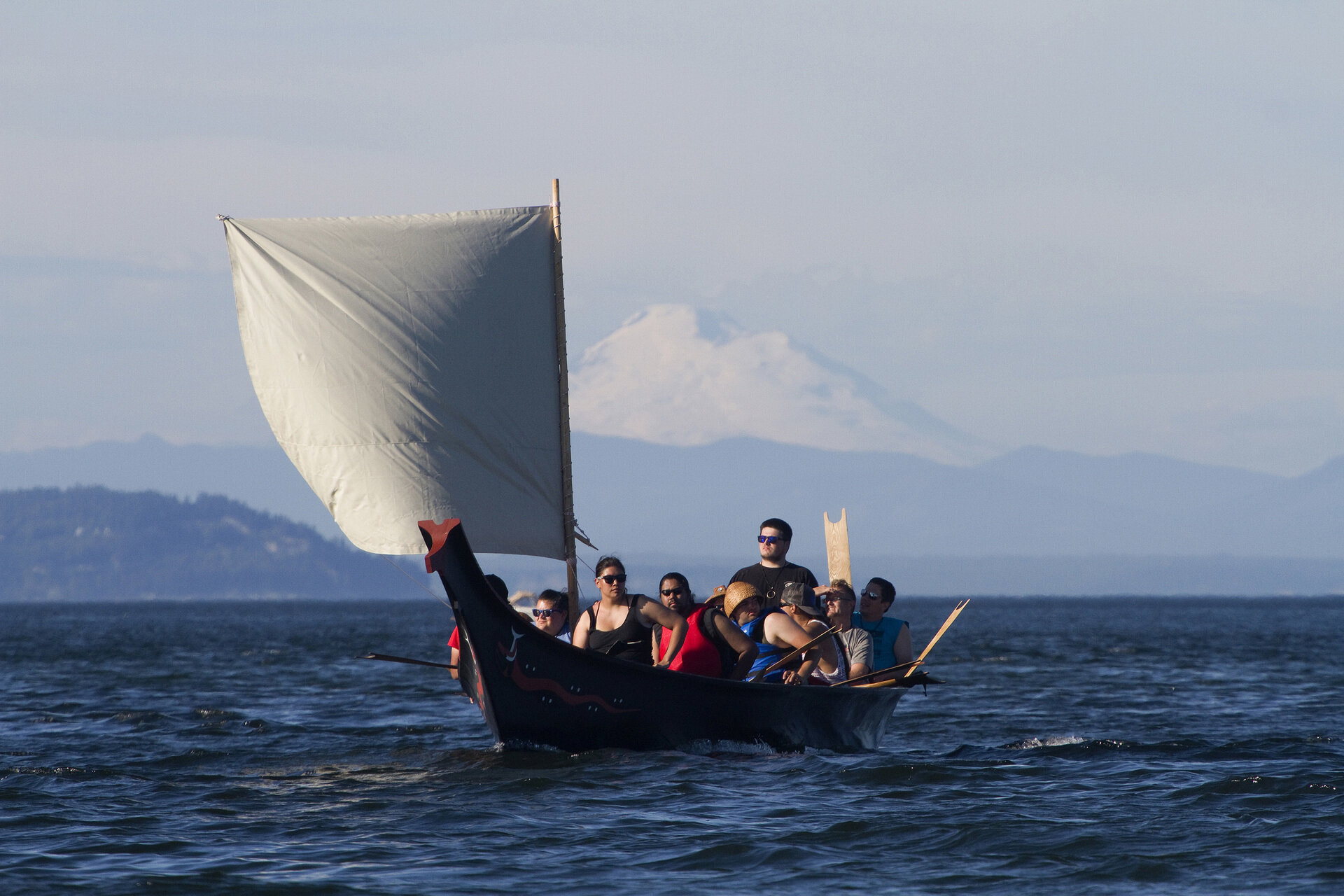
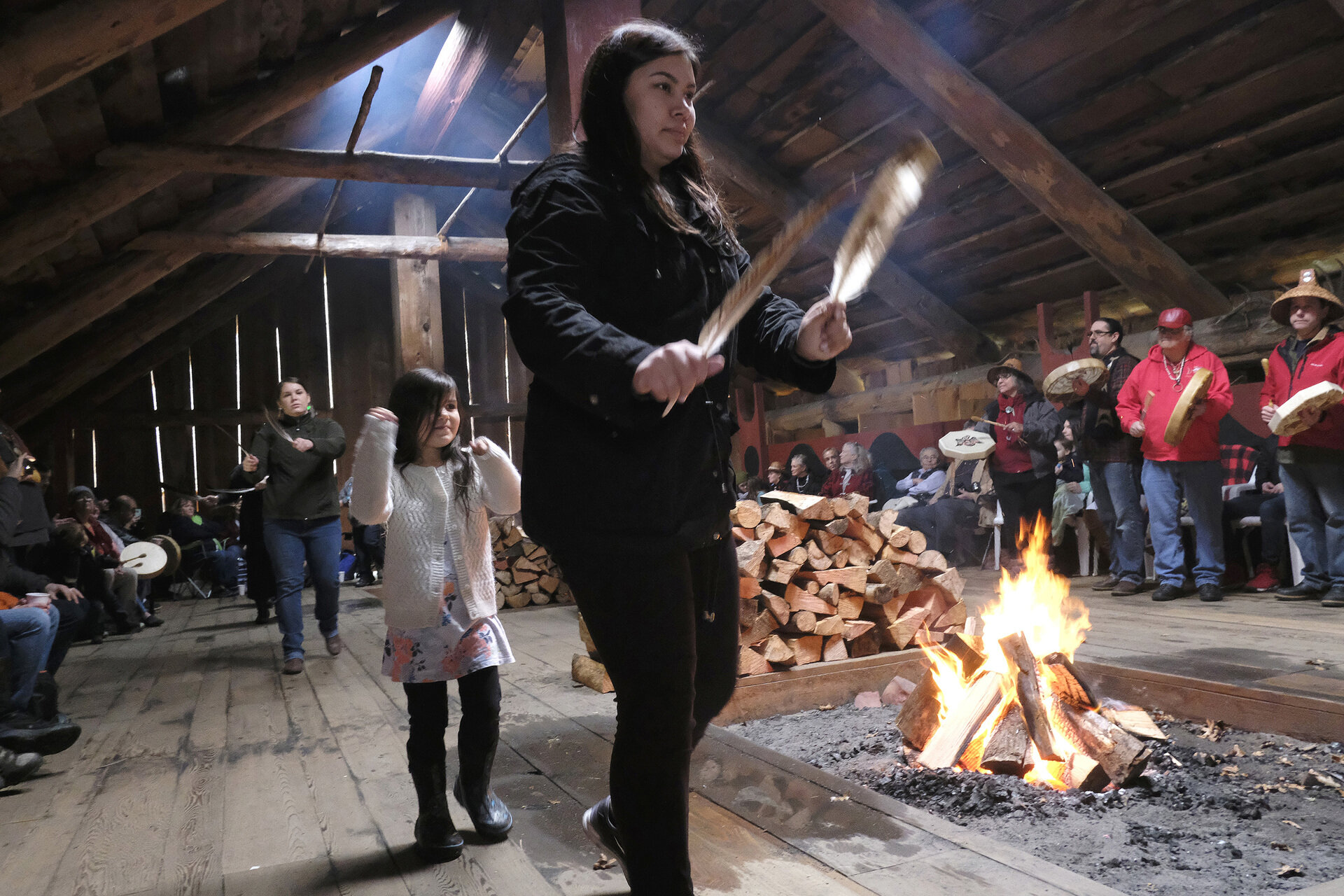
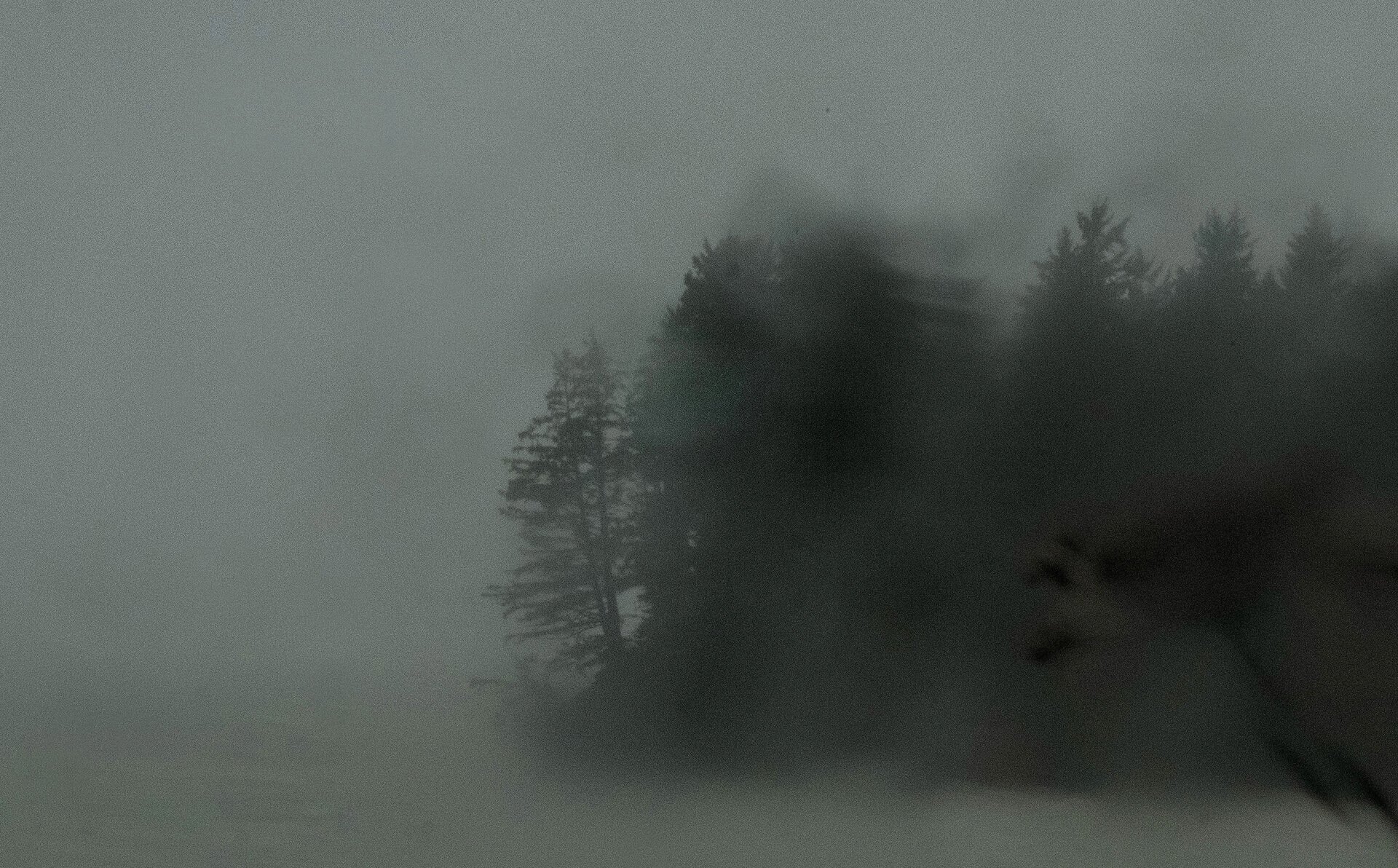


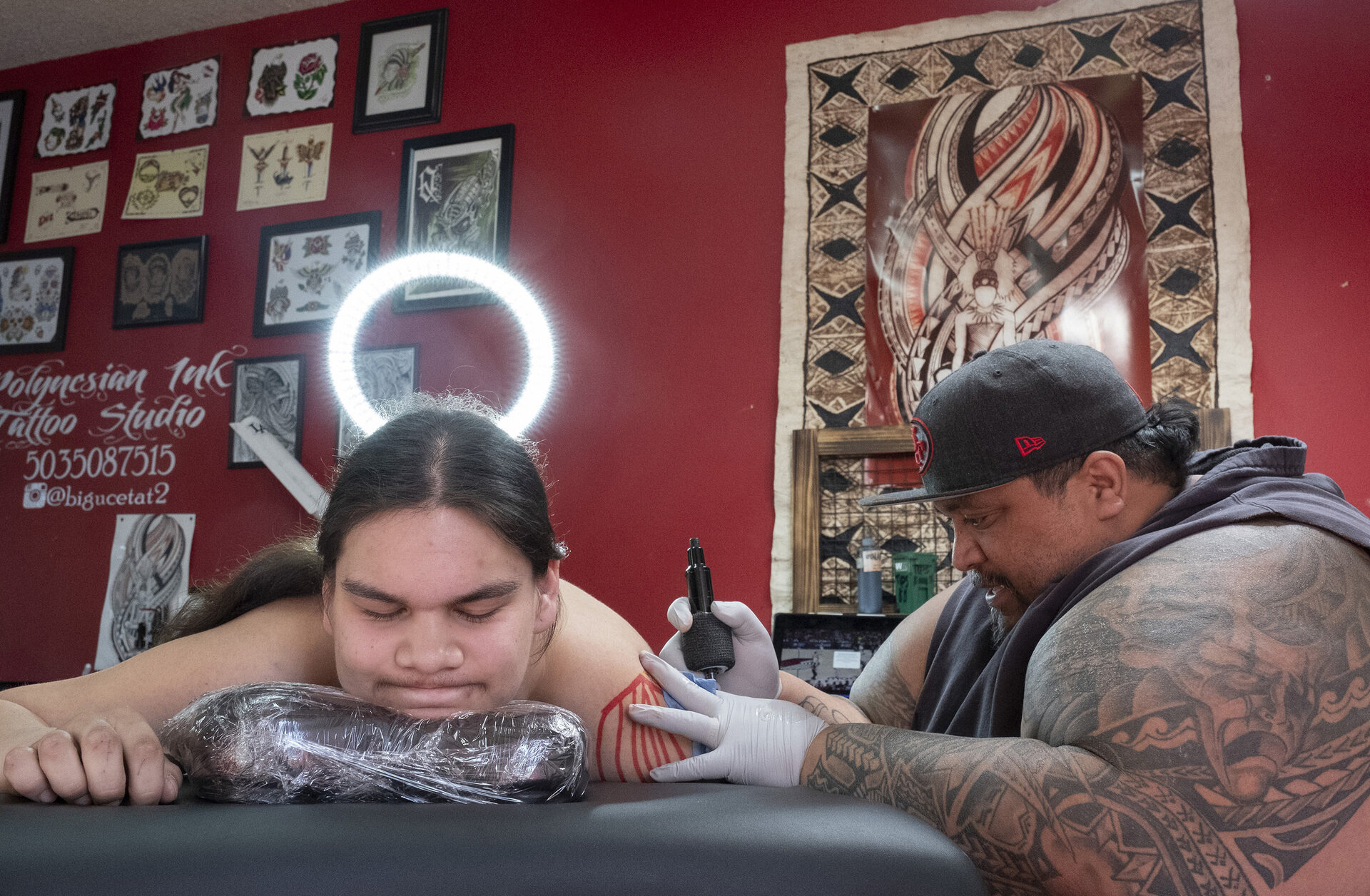
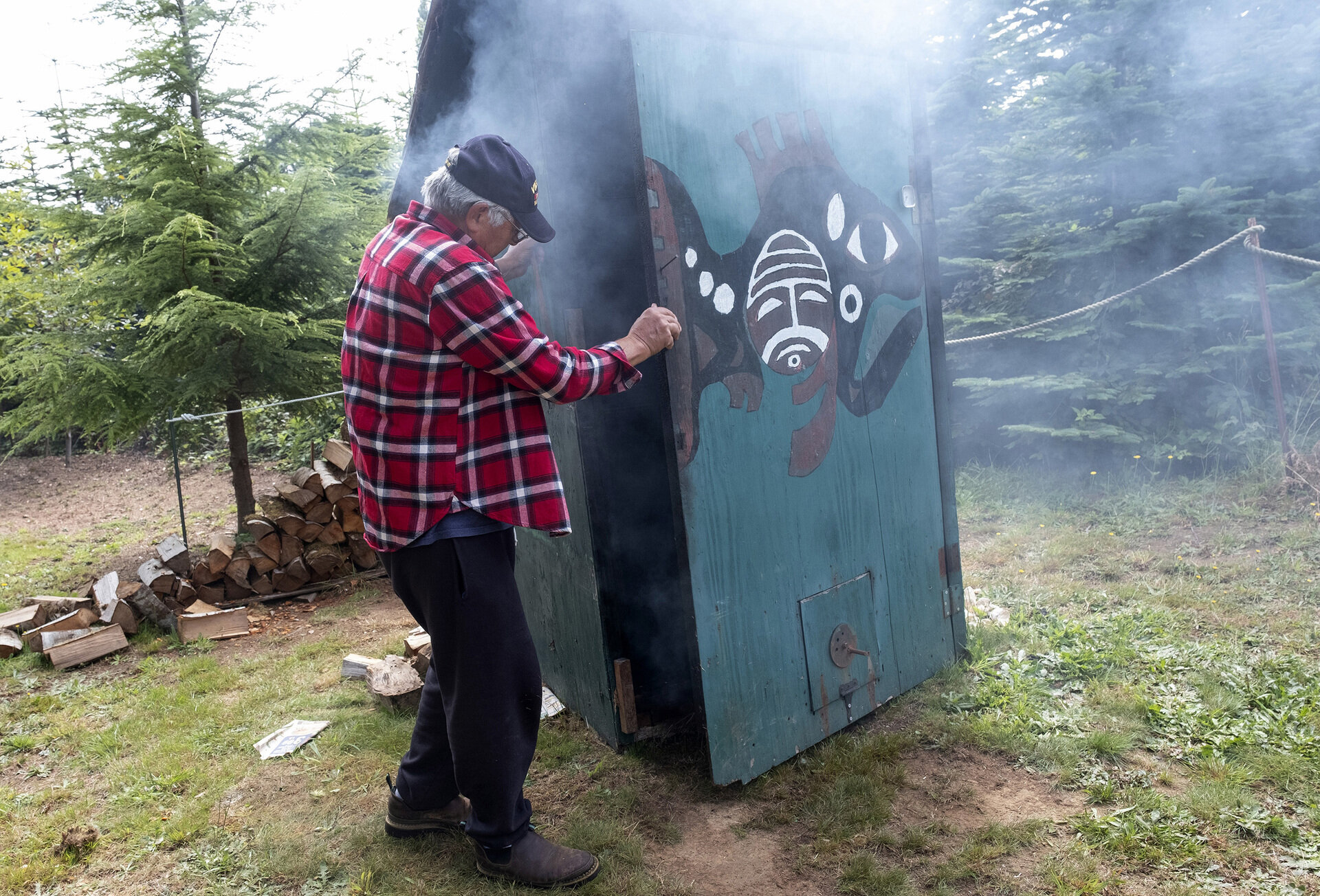

"We Are Still Here" depicts the Chinook Indian Nation, a community that is founded on the strength of its ancestors, and resolved to continue its legacy for the generations that follow.
The southwest Washington tribe's ancestral lands sit at the mouth of the Columbia River. Its people fell victim to the Indian Termination Policies of the 1950s when the stroke of a pen eliminated federal recognition for more than 100 Indian nations. The Chinook has been proving its existence in federal courtrooms ever since. Formal recognition is essential for economic development, the establishment of the land base, preservation of culture, reinstatement of fishing and hunting rights, ability to repatriate ancestors' bones and sacred items.
In the eyes of the US government, they do not exist, but the Chinook is resilient, and the fight for recognition continues.
"It is an obligation to our ancestors- the hell they went through to get us here- and to our children. To not do anything is to dishonor my people," said Chairman, Tony Johnson.
-
I have dedicated the last couple of years getting to know the tribe that shares its name with a salmon, a fur-trade jargon, a warm wind, and even a twin-motor military helicopter. During this time, its members have opened their doors, giving me the unique position of documenting the living heirs of an ancient people.
This project focuses on the intersection of the present with the past. It examines how one nation straddles the world of traditional and indigenous ways, within a society built upon Colonial values.
My goal is to present images that help Americans understand how hard a native people have worked to keep their culture alive. This is important not just for the Chinook Indian Nation, but as a historical record of our times and those of generations before us. Such recognition does honor to all of us who have come from rich and varied backgrounds to share life in these United States.
